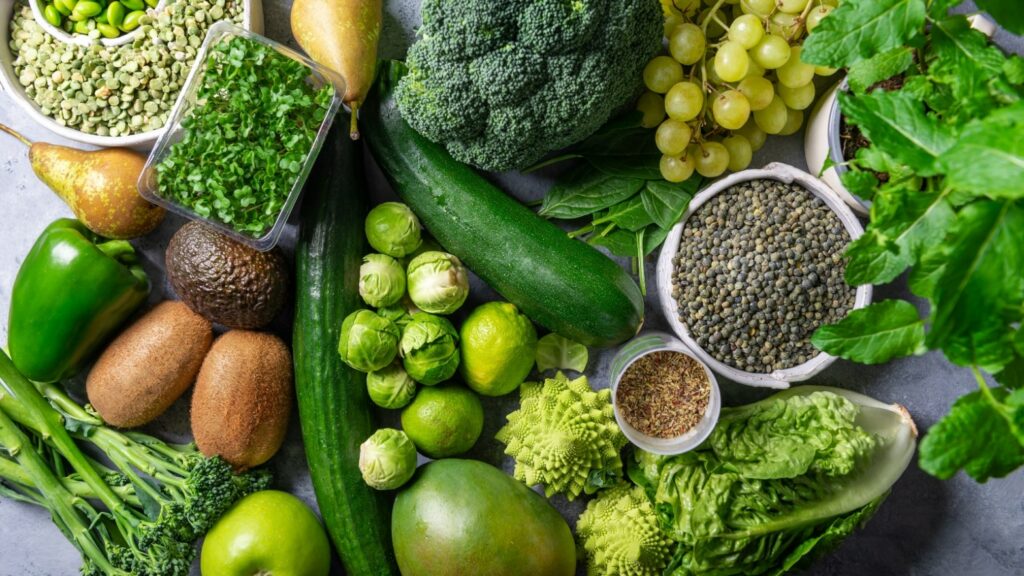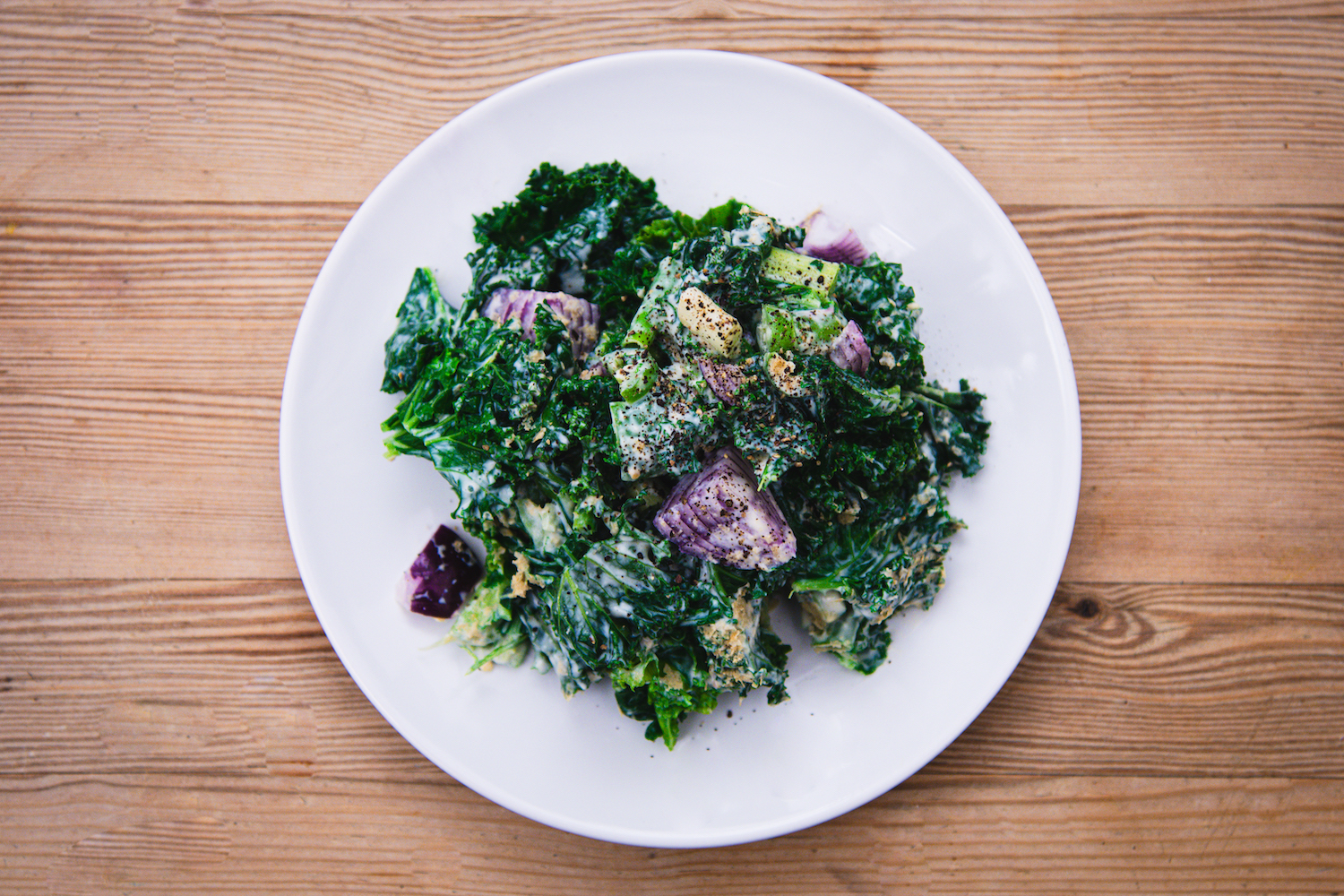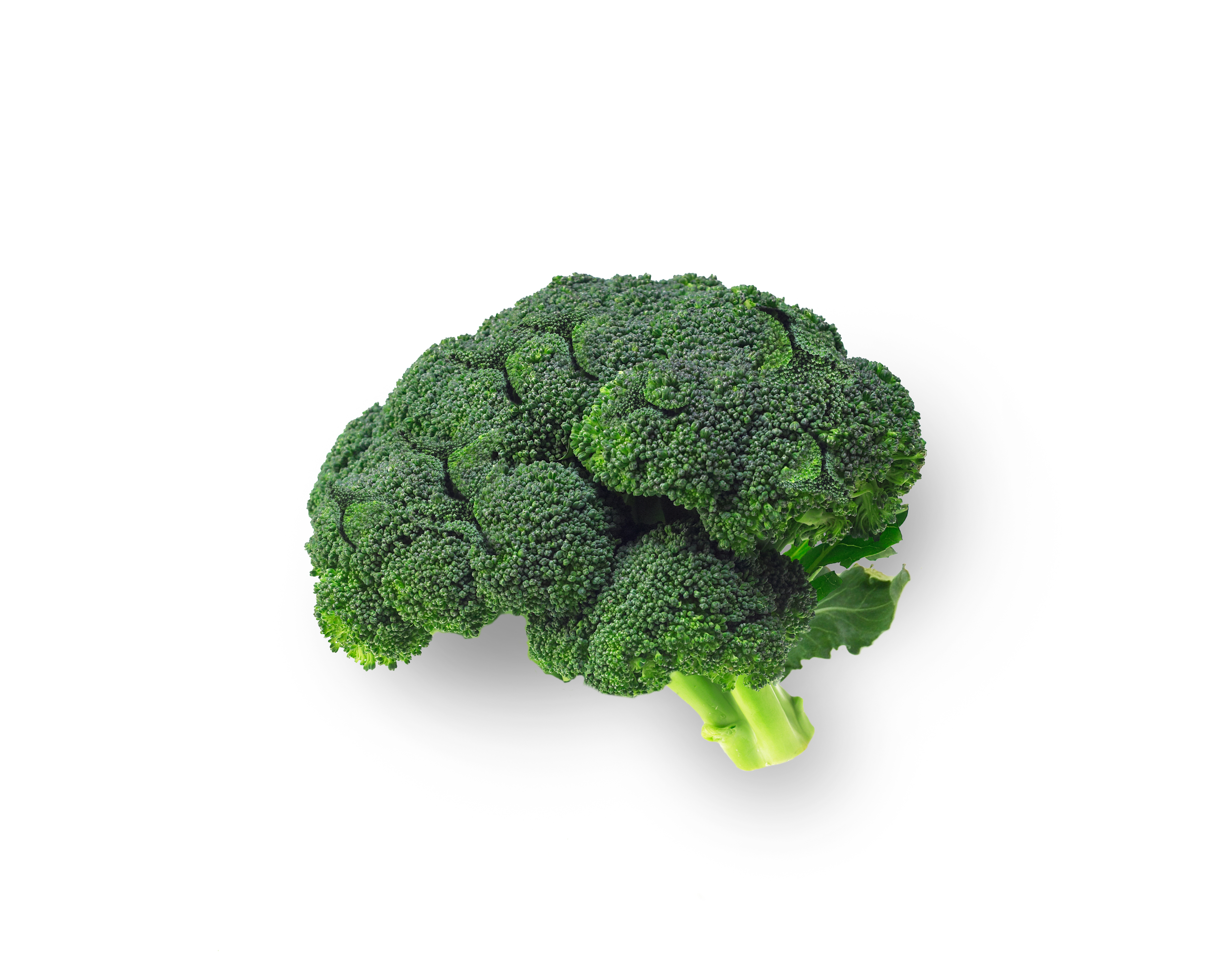How does a vegan microbiome differ? Vegan diets have grown in popularity – but, are they actually healthy? Let’s look at the science.
Veganuary is officially over.
Established in 2014 in the UK, Veganuary is a non-profit organisation that encourages people worldwide to try eating a vegan diet for January (and beyond.)
In 2023, over 700000 people took the pledge.
Although official figures have yet to be released, it’s been reported that 2022 has been the best year yet.
British businesses have pounced on the chance to offer new vegan meals and launch vegan product ranges in accordance with the campaign.
Much of the campaign’s success is its lighthearted tone, and flexible approach – you’re only “trying” it for a few weeks, not going anywhere.
What is a Vegan Diet?
A vegan diet eliminates all animal products, including meat, seafood, dairy, and eggs. Instead, individuals eat fruits, vegetables, beans, legumes, grains, nuts, and seeds.
Researchers have reported eating vegan can promote various health benefits, such as reducing the risk of cardiovascular disease, diabetes, obesity, high blood pressure, and cancer².
Nevertheless, those following a vegan diet must be mindful of nutrient deficiencies, particularly making sure to supplement with vitamin B12³.

Why Vegan?
You may be wondering, why are more people trying vegan? Motivation generally falls in three main brackets¹:
- The Environment. Animal farms and the production of meat are a chief cause of water pollution, deforestation, and climate change.
- Animal Welfare. Factory farming is the standard way almost all meat and dairy are produced globally.
- Health. Scientists have linked the consumption of meat with a higher risk of 25 common diseases.
Veganuary’s own research reported this was split with animal welfare leading (46%) compared to those doing it for environmental reasons (21%) and their own health (22%.)
The campaign sees the biggest participation in Britain, but there appears to be some growth in the US and other countries like Argentina, Germany, and Sweden.
The arguments for animal welfare and ethics don’t take that much thought. The drive for cheap animal products has created an enormous industry: factory farming has been calculated to account for approximately 31 billion land animals and up to 215.9 billion fish globally at any given time.
And that’s not all. Up to 80% of antibiotics in the US are for factory-farmed animals, creating a deep concern in the scientific community of the emergence of superbugs.
Thanks to documentaries like Cowspiracy, awareness of the environmental impact of factory farming has become a lot more clear-cut. Scientists estimate that reducing meat consumption can reduce global CO2 emissions by up to eight billion tonnes per year, as well as globally free up several million square km of land by 2050.
Scientists estimate that reducing meat consumption can reduce global CO2 emissions by up to eight billion tonnes per year, as well as globally free up several million square km of land by 2050.
Nevertheless, the greatest debate is around whether eating vegan is beneficial for health.
Is a Vegan Diet Actually Healthy?
The answer? It depends.
Say we take two people: Billy and Bob.
Billy eats a clean diet: vegetables, little-to-no processed foods or dairy, and some meat for dinner.
Bob is fully vegan. He likes ready-made vegan meals, orders vegan take-out often, and doesn’t like cooking much.
In this way, it’s a bit of a no-brainer. Of course, the less processed your diet is, the better.
Now, say we’re looking at two people that eat fairly similar: apart from the occasional indulgence, they’ll usually cook their own food and eat a variety of food.
It depends on the type of vegan diet. If you’re mainly eating potato chips and processed soy burgers, you won’t be getting the benefits.
Consuming a lot of fruits and vegetables provides a bunch of antioxidants and flavonoids.
Vegan diets have numerous health benefits, including:
- Lower Calorie Density. Unlike other diets, people can eat bigger portions since plants naturally have fewer calories. This has been reported as a better way to lose weight than reducing portion size⁴. This is because filling up the stomach with fiber-rich foods can be more satiating.
- Antioxidant-Richness. Eating an abundance of fruit and vegetables provides a bunch of antioxidants, including carotenoids, vitamin C, E, etc. This is a much better option than merely taking supplements, and is fantastic for anti-inflammation⁵.
- Heart Healthy Effects. Plant foods have virtually no dietary cholesterol⁶., making it very easy to keep your blood cholesterol in check. Certain plant foods are rich in sterols and stanols (such as nuts, flaxseeds, and raspberries.) These have been shown to help lower serum LDL cholesterol⁷.
- Support Longevity. Research has reported that vegan diets are linked with lower all-cause mortality8, 9. For instance, such diets can reduce the risk of coronary heart disease by up to 40%, as well as half the risk of developing metabolic syndrome or diabetes⁹.
Still, it is essential that vegan diets limit processed foods and refined sugars. Otherwise, deficiencies can occur10.
The Vegan Microbiome
Vegan gut microbial profiles appear to be unique in many regards:
- Reduced levels of pathobionts, including Enterobacteriaceae11, 12.
- Higher abundance of gut boosters, such as Faecalibacterium prausnitzii13.
- Promote microbial diversity.
Consuming plant foods full of fiber, such as barley, brown rice, wheat bran, and other whole grains, has been reported to raise butyrate-producing microbes14, 15. Phytochemicals found in plant foods can also increase beneficial bacteria, including probiotic Lactobacillus and Bifidobacterium16.
Phytochemicals found in plant foods can also increase beneficial bacteria, including probiotic Lactobacillus and Bifidobacterium.

Vegan Diet for Weight Loss
Compared to standard, omnivorous diets, numerous studies have reported that a vegan diet can significantly help with weight loss10, 19, 20, 21.
For instance, one study split 186 participants into two groups: those on a vegan diet and a control group22. The results were rather impressive:
- The vegan group lost 5.9kg (including 3.9kg fat loss)
- The control group lost 0.5kg
- The vegan group had changes in their gut microbiome, including increased Faecalibacterium prausnitzii.
- There were also positive changes in insulin sensitivity.
Mediterranean vs. Vegan Diet for Weight Loss
One recent study involved 62 overweight participants, who tried a Mediterranean or vegan diet23.
Although there are many different types of Mediterranean diets, in this group, the participants ate a variety of plant-based foods, olive oil, and a low/moderate amount of meat, dairy, and eggs.
After 16 weeks, people eating a Mediterranean diet lost 1.5kg, compared to the 7.9kg lost for those following a vegan diet.
After 16 weeks, people eating a Mediterranean diet lost 1.5kg, compared to the 7.9kg lost for those following a vegan diet.
The Dangers of a Vegan Diet
With increasing popularity, many companies (from McDonalds to KFC) are trying to cash in on plant-based options.
Although this is great for convenience, it’s not the best for health.
Ultra-processed fake meats and cheeses may not contain animal products, but they will typically be high in oils, sugars, and other undesirable components.
Sure, they can be valuable as a transition tool, when you’re craving something familiar and more decadent. However, over the long haul, it’s important to only include these foods as an occasional indulgence – not a staple.
Bottom line: A vegan diet should be full of fresh plants, not fake products.


